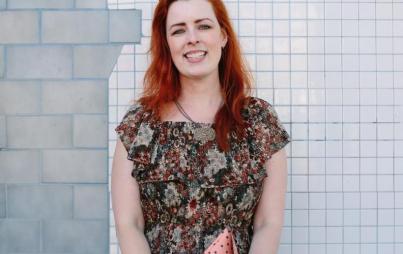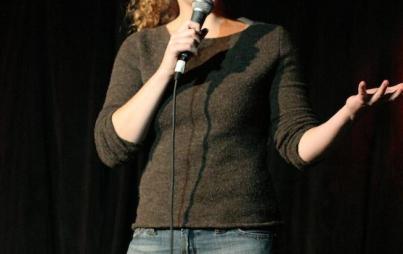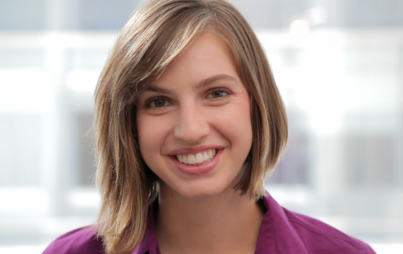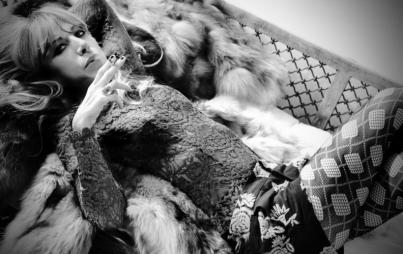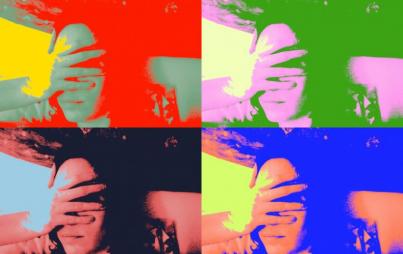
We count on comedians to make us laugh, and today's mediums make this connection even easier. Lynn Bixenspan has made a name for herself as a comedian, writer, and one of the funniest women on Twitter. From her starring role in short film The W.O.P. Documentary to her complex storytelling and relationship advice show Relationshit, Lynn knows how to keep her comedy honest. We had to ask: How does she do it? With a fierce combination of brains, drive, and talent, Lynn understands the power of humor and seeks to use said power for the greater good.
1. You’ve been a part of UCB Comedy (Upright Citizens Brigade) since 2003. Can you please describe your journey from those early days to now?
I haven’t done a lot of UCB lately, but taking classes there was an integral part of starting in comedy. I was depressed and living at home in Long Island at the time. I sang and performed as a kid, and lost that part of myself as an adolescent. It wasn’t until living at home after college that I read about UCB improv. I had never seen improv. It sounded amazing! I did improv, sketch, and musical improv. I took time off so that I could go to grad school for psych (didn’t end up finishing), but then I started doing storytelling. That motivated me to do a show, and standup (so, I transitioned from group to solo work). I’d also credit Twitter for helping me write jokes! I wasn’t into standup when I was younger — I thought jokes were cheesy — but that combined with storytelling helped me to do standup.
2. Tweeting truly is an art. PR firms even advertise advice on crafting tweets. As “the funniest woman on Twitter,” does your 140-characters-or-fewer humor come naturally, or did you have to work at it?
When I am not doing comedy, I am a copywriter. I think writing concisely is something that I was able to practice through copywriting in advertising. Jokes aside, at work I’ll write about cancer conferences. Some of the copywriting ideas are transferable — how do I get my point across in this tiny space? Twitter is just like every other medium — you have to learn how to use it. I looked back at my old tweets from five years ago, and I thought they were horrible! I didn’t need ten hashtags to make something funny! I feel lame saying “working at it” as if I’m running my daily drill. I don’t say Must tweet 25 tweets today! No goals, but I do use it for joke writing and keeping a record. I don’t scribble in a notebook as much when I tweet.
3. Some of your Twitter interactions engage your followers, such as your question about the "a picture is worth a thousand words" cliché. Why is interacting with fans important to you?
It’s funny when you say “fans” because I want to say, What do you mean? They’re just my followers! I don’t think of them as fans — they are the people paying attention to what I’m doing. I don’t categorize my followers. I don’t consciously sit there and try to involve them — even though the subtext of every tweet is “please validate me!” I love how collaborative Twitter can be. You have like-minded people who may share your sense of humor, and whatever weird thing you put out there, and they’re willing to interact with it. I’ve definitely made friends on Twitter as well — like, I’ve met them in real life! Sense of community is valuable. A follower will tweet “I’ll be at a bar in New York!” and a bunch of us will get together.
4. The general public makes grand assumptions about comedians, including “They’re sociopaths!” or “They’re all depressed!” What is your opinion on these assumptions?
I know about the depression one; I didn’t know about the sociopath one. Well, I have had people assume that I joke around all the time and I’m not capable of being serious — that’s definitely not my personality. I’ve tried not to use sarcasm to distance myself from people. Rather, I like to use humor to bring people together. I’ve definitely had my bouts of depression and anxiety. I think that people tend to develop their sense of humor as a reaction to bad things that have happened, or as a way to gain perspective. It’s hard to say, because these are also people who are overtly talking about it. People without a creative public outlet can be afflicted as well, but they won’t be talking about it. Sociopaths? I don’t know. I can only think of one person I’ve met in comedy who strikes me as one. I do think people throw that word around too much. Most comedians I’ve met feel empathy, but something else will be late bloomer-y about them — maybe they’re functional as performers, but less so in social interactions or relationships.
5. What female comedians inspire you?
I didn't have specific ones growing up, but I will say that I love what Amy Schumer’s show is doing right now. I haven’t seen anything that overtly feminist and self-aware on TV. There are a ton of women from the New York comedy scene that I think are amazing.
6. Predict the future for us: Which lady comedians will be the next big stars?
I don’t like singling anyone out! There’s always ten out of 400 people who are doing really well, but picking just a few makes a lot of people feel unnecessarily bad. It would take me hours to answer this.
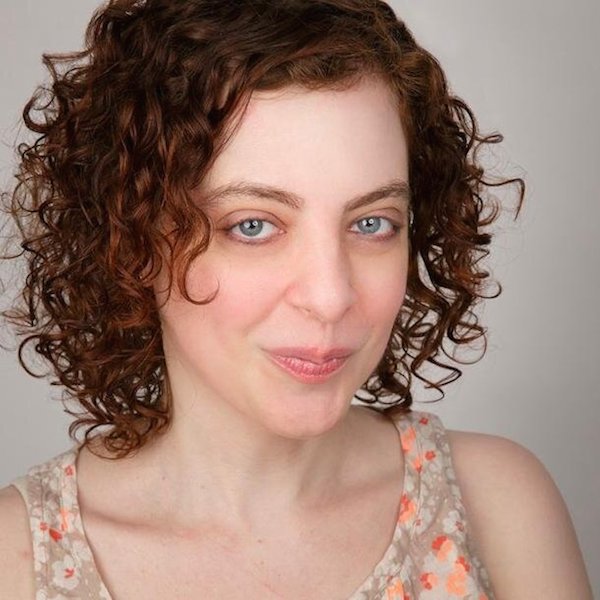
7. Fair enough! What is your relationship with feminism? Does it play into your profession?
Feminism definitely plays into my profession. As a teen, I was very into female musicians and bands — especially the Riot Grrrl culture. I was really into Hole, Babes in Toyland, Bikini Kill, and many others. There are fewer women in my field, and seeing those women perform strengthened that feminist part of my identity. I remember seeing Veruca Salt: They were young, and pitching this image of close female friendship. My best friend at the time and I were excited by the concept of women working, writing, and making their own music. Comedy wasn’t an idea in my head yet. Maybe, as it gets bigger, an 8-year-old girl could think, I can do comedy when I grow up! I have been brought on stage as a "feminist comedian," which seems weird when they’re placed next to each other. It describes me, but that’s not my only attribute.
8. What is the best piece of advice you have ever received? Did you follow it?
When we were in high school, my friend Allison said something that stuck with me. I panicked that I didn’t have a paper done. I thought I’d be up all night doing it. She said, “Yeah but you always get it done, don’t you?” As much as I stress and get anxious, I always do get it done. Self-motivation and the pressure I put on myself don't matter in retrospect. Allison and I are still friends today!
9. Life isn’t always kind; it can’t be easy to put on a smile consistently. When your emotions are tested, how do you bring yourself to perform comedy?
Well, I would say that I don’t put on a character. My stage persona is an exaggeration of myself in real life. A lot of what I talk about is actual real-life stuff that can get kind of dark — especially in storytelling. I am true to myself, regardless of how I’m feeling. Even when I was sick with sinus flu, motivating to leave my house was the hardest part! On stage, I got a burst of adrenaline that carried me through. This is about communicating with an audience and relating to them as people, rather than giving a performance. I can use whatever I’m truly feeling to perform. That’s what I like about storytelling and stand-up: I’m being a version of myself, so I can get on stage and say “I’m feeling shitty now!”
Want more? Follow Lynn on Twitter and Facebook, and be sure to check out her storytelling/therapy show Relationshit plus other amazing videos.

